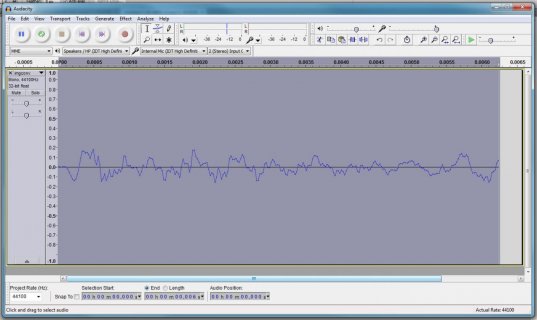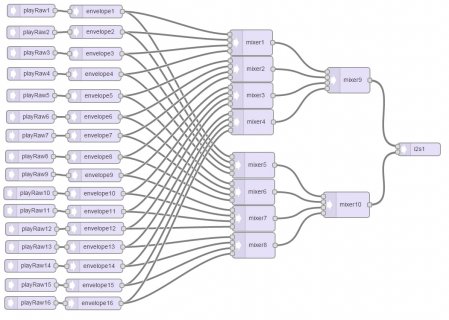Pensive
Well-known member
interesting. any chance you can quantify that? i only saw 1ms difference vs SDwav (well, last time i've tried. see my post #2 above)
Not really, although 1ms out of 6ms is 16% faster response right off the bat. I'm afraid I don't have a scope to investigate further.
But pressing multiple buttons together was playing havoc with the PS/2 interface, this seems to have been resolved by taking the SDCard access out of the equation. So it follows that SDcard access may have been imparting some delay on my pad input as well.



